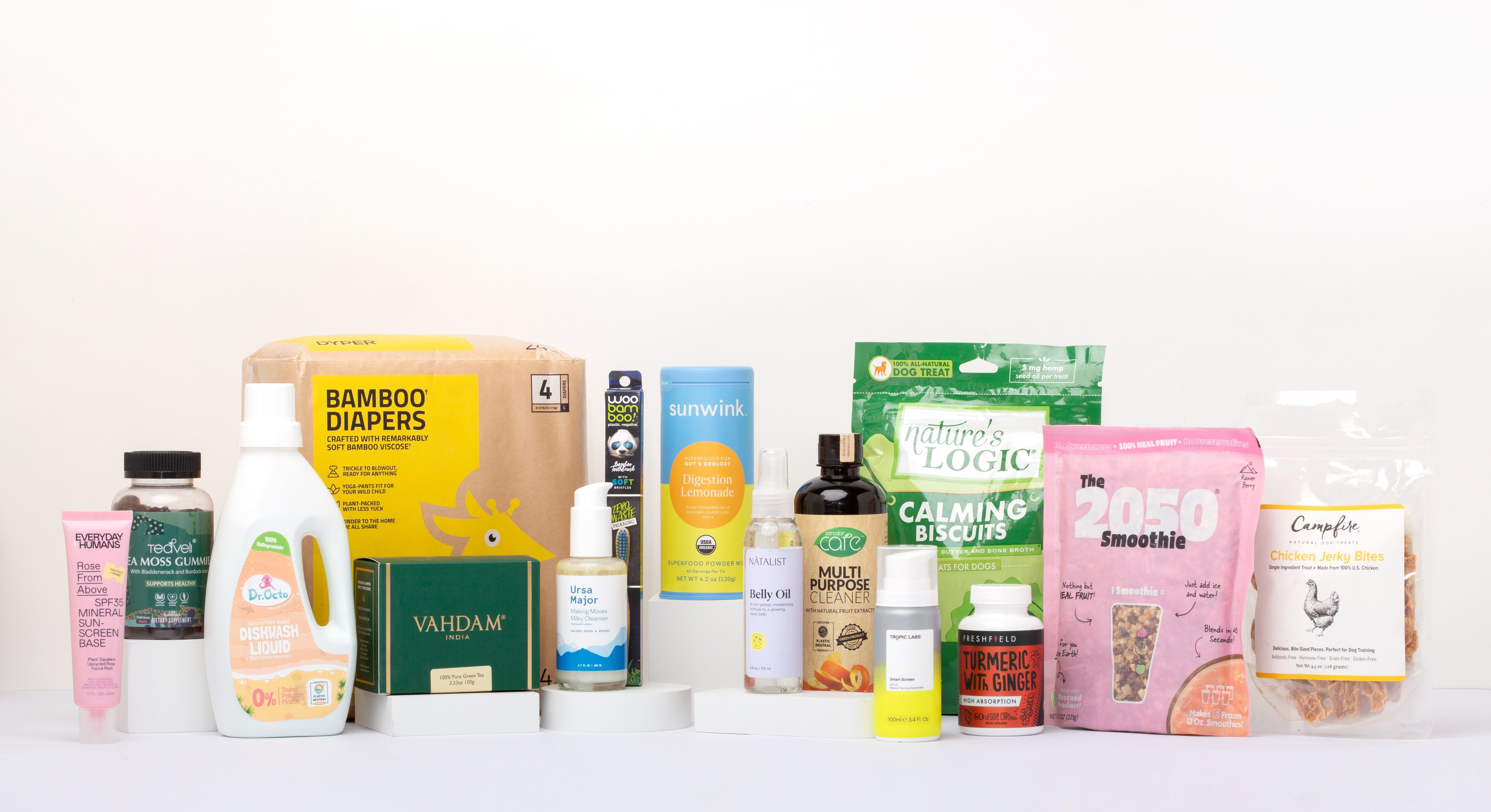3 Affordable Waste Solutions for Packaged Food Companies
Evolve your brand’s affordable waste solutions to generate product appeal and preserve the environment, both at the same time.
Nearly 80 million tons of packaged food waste is generated annually in the United States. A third of which is specifically linked to the F&B (Food and Beverage) industry. There are opportunities to lessen the impact of single-use plastics at the consumer level. Likewise, companies must also do their part to incorporate waste solutions. We are all indebted to preserving the environment.
Fortunately, prioritizing waste solutions impact more than just the planet. Packaged food companies can increase consumer loyalty, charge ahead of competitors, and reduce costs by following these 3 affordable waste solutions.
1. Incorporate Reusable Packaging

The convenience of e-commerce is a significant factor propelling the success of the industry. The mountains of waste protruding from nearly every curbside bin can attest to its popularity. What are the affordable waste solutions to this problem, and can they be cost-effective for supply chains?
Mike Newman, the CEO of Returnity, believes he has created an innovative solution. Returnity develops “light, durable, easy-to-use bags and boxes that can accommodate larger or uniquely-shaped items and are water-resistant.” Their concept focuses on a circular shipping model intending consumers to return the parcels after receiving their products.
Completely cutting the cost of typical shipping materials, Neman’s parcels are designed to be used over and over. Shipping everything from food to pharmaceuticals, these parcels are made from recycled materials and are again recycled once they reach the end of their lifespan. Returnity truly incorporates a circular economic methodology.
Returnable packaging is a great way to reduce single-use waste and create a unique consumer experience. The parcels empower the consumer to feel good about the chosen shipping method instead of piling their trash bins high with cardboard and packaging materials. Returnity plans to displace over 10 million cardboard boxes and poly mailer bags in 2020.
2. Simplify Packaging

As funny as it may sound, less product may result in a more appealing offering. Can your products be simplified? Product packaging redesign is a great way to capture eco-conscious consumers while saving on traditional packaging excess.
Celestial Tea has taken advantage of this affordable packaging trend by reducing the overall footprint of their teabags. By removing the strings, staples, and wrappers, they have reduced costs and engaged eco-conscious consumers by designing them to be compostable.
3. Consider credits

What is unable to be reused or resigned can be offset. Packaging waste can become mitigated through Plastic Neutrality. While it is recommended first to increase supply chain efficiency, offsetting your plastic footprint can have tangible benefits as an affordable waste solution.
rePurpose Global offers an innovative and impact-driven platform to help brands become Plastic Neutral. rePurpose Global audits the client’s plastic footprint, compensates pound-for-pound the plastic used in operations through their vetted recycling programs, and finally creates individualized marketing campaigns to showcase their Plastic Neutral certification.
The Plastic Neutral certification allows brands to differentiate themselves from the competition and align with consumer values. As a surprisingly affordable, sustainable solution, the rePurpose Global platform creates significant environmental and socio-economic impacts. The platform empowers waste workers while investing in circular economic systems forging a credible and accountable brand identity via tangible and verifiable impact on the ground.
So, what are the takeaways from these innovative waste solutions for packaged foods? Affordability is no longer an entry barrier for sustainability. These solutions have the potential to save you money and reinvigorate your consumer base. Consumer sentiment is becoming more aligned with brands that positively impact the environment. Overall, these changes are not difficult to implement; becoming Plastic Neutral can take a matter of minutes. Evolve your brand’s waste solutions to generate product appeal and preserve the environment.
Sign up for a 30-minute free consultation at www.business.repurpose.global/contactus and start your company’s journey towards Plastic Neutrality today!
Get Started with Verified Plastic Recovery for your Brand
rePurpose Global is here to support your sustainability roadmap with impactful and measurable Plastic Action solutions that deliver immediate results. Partner with us to measure your plastic footprint, fund plastic waste recovery, and create strong sustainability messaging for your brand.
Talk to our team to explore how we can work together.

Related Posts
4 ways that funding Verified Plastic Recovery energizes brands
Verified Plastic Recovery (VPR) involves the ethical collection, sorting, and recovery of plastic waste. This blog defines VPR, considers why VPR is needed, and looks at four different ways that brands funding VPR can communicate their action.
It’s Time We Face the Climate Movement’s Diversity Problem
With our climate movement predominantly led by white people, we need to face the climate movement’s diversity problem which seems to exclude the people facing the brunt of it: people of colour.
Climate hype, and Why The Hero Plot Won’t Save The Day
The climate crisis is complex and ever-changing — it is the coming together of many moving parts that will ultimately make a meaningful impact. Only when we truly internalize this humbling realization can we start to combat Climate Hype.





.png)









